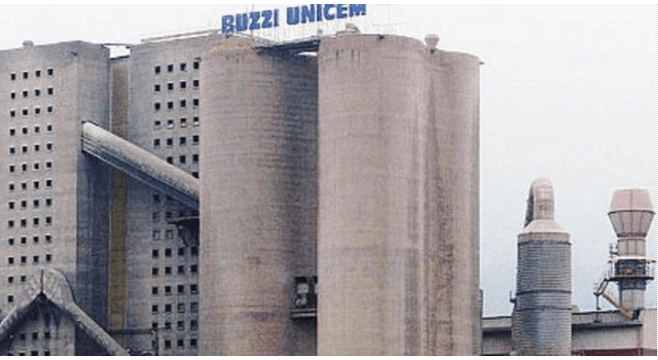 Buzzi Unicem group, the largest Italian cement player (following Heidelberg’s acquisition of Italcementi) and the 6th globally, raised a total of 250 million euros yesterday issuing Schuldscheindarlehen (SSD), a debt instrument which is middle way between a bond and a loan financing. This is a typical structure in the German market while is the first deal of this kind by an Italian company.
Buzzi Unicem group, the largest Italian cement player (following Heidelberg’s acquisition of Italcementi) and the 6th globally, raised a total of 250 million euros yesterday issuing Schuldscheindarlehen (SSD), a debt instrument which is middle way between a bond and a loan financing. This is a typical structure in the German market while is the first deal of this kind by an Italian company.
Actually Buzzi Unicem group had previously utilized SSD funding for its German subsidiary Dyckerhoff and decided to issue for the first time a multi-tranche multi-borrower SSD transaction directly by the Italian parent company in order to refinance maturing Schuldschein tranches on Dyckerhoff level. Consequently, the transaction rationale, beyond pure financial considerations, included the streamlining of the group debt allocation (now more concentrated into the Italian parent company).
The debut Schuldscheindarlehen was initially marketed for an amount of 125 million euros. The transaction was well received by investors, this allowed to upsize the volume with an additional 125 million euros and price at the lower end of the initial ranges. Final allocation was Buzzi spa 200 million euros and Dyckerhoff 50millions. The demand was significant with books about 2.5x oversubscribed versus the final size and was driven by an international investor base, mainly from banks in Italy, Germany and Asia.
Till now just two other Italian groups (Telecom Italia and Pirelli) had used Schuldscheindarlehen in the past but they accessed the instrument through their foreign subsidiaries as Buzzi Unicem previously did. Now the instrument might be seen an alternative to bond or minibond private placement by Italian SMEs.
An interesting feature of the SSD is actually that the financing might be inserted in a note and might be sold to other counterparties without a notice to the debtor as it happens with bonds. On the other hand, the German law does not consider SSD as a bond so no Offering Circular is requested by the Supervisory Authorities. However the Ecb accepts SSD as collateral in its refinancing operations while investors are not compelled to value SSD mark-to-market as it happens with bonds.


